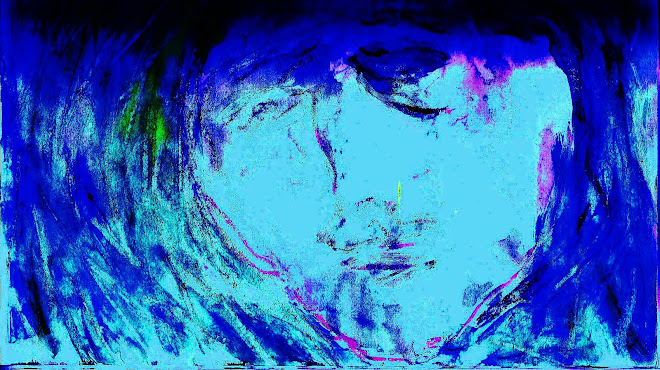When we add up all the suffering we encounter in our lifetime it's a hefty dose. It includes:
Our own, experiential suffering (to include all of our physical, emotional, psychological, mental, and spiritual suffering).
The suffering of those we love, which causes us to suffer vicariously because we cannot normally do much to alleviate theirs.
The suffering of others we hear of in the news, all around the globe every single day. On some level, we take on a modicum of that suffering too. We count our blessings, get mad at world leaders, complain, play the blame game, become activists, volunteer, vote... because that's about the best we can do to have any influence.
When we imagine the exponential suffering that Christ took on for the entirety of mankind, we really cannot fathom it. It is far too vast and all encompassing. It does not seem “humanly” possible, and yet He was a man.
But he was also a man who was associated with light, namely a halo. He was surrounded by light and emitted light to the world. Is it any coincidence that God said “Let there be light”? Is light the ultimate elixir for the alchemy of transmuting human suffering? Jesus said: “I am the resurrection and the light.”
And is it ever truly dark? Even the night sky is graced with light from the stars, other planets, and the moon.
In our darkest hours, when we most need God's light to shine inside us, how do we let it in? I don't think it's just a matter of prayer.
The Shroud is evidence of the suffering of a crucified man. No one argues that. So, at the very least, when we look at the image we know that the suffering Christ endured must have been severe.
If we believe that Christ died for our sins (and went through extreme suffering in order to do so) then it would be logical for us to wonder if our suffering isn't some kind of payback. Let's face it, we are pretty pathetic when you consider all the manifestations of our dark side. But that doesn't add up because Christ would not have needed to die for our sins if God's plan was to make us suffer for them anyway.
So if we believe Christ died for our sins because He knew that was our only hope for salvation, then it shouldn't be too hard to accept that we are already essentially forgiven. But even if we believe and accept that He died for our sins and we are forgiven, it still is up to us to flip that switch and have His light shine inside us. That's where our free will enters into the picture. It is up to us to choose to allow Him to live inside us. It won't happen unless we say it's okay.
Pretty cool when you think about it. He's not force feeding us His love. We get to decide if we want to accept His gift.
skip to main |
skip to sidebar


Followers
About Me
- divineremedy.org
- My name is Jes Adler. I am a fictional character from the screenplay Sindone, The Divine Remedy. I was cloned from blood on the Shroud of Turin. The true nature of my identity is elusive to some. But I am just a man who has ideas to share about the mystery of the Shroud of Turin (the Sindone) and its remedy for human suffering. +++ All content on this blog is copyrighted material. divineremedy.org © by Laura Clark 2009/2010/2011/2012